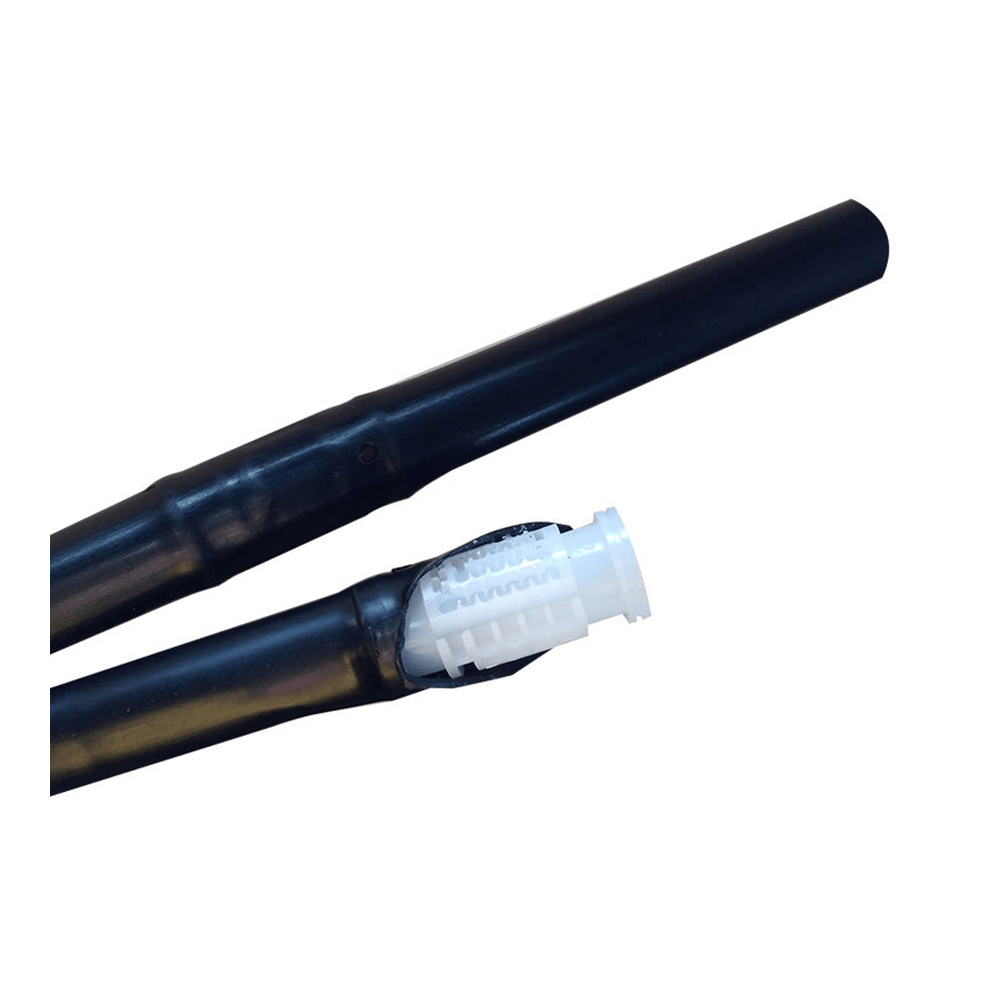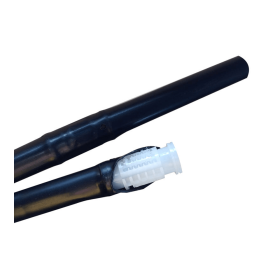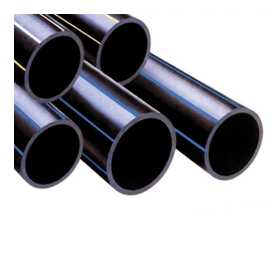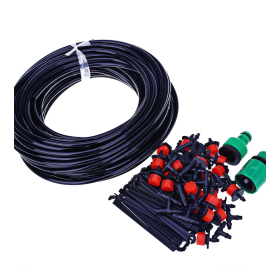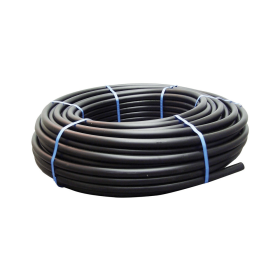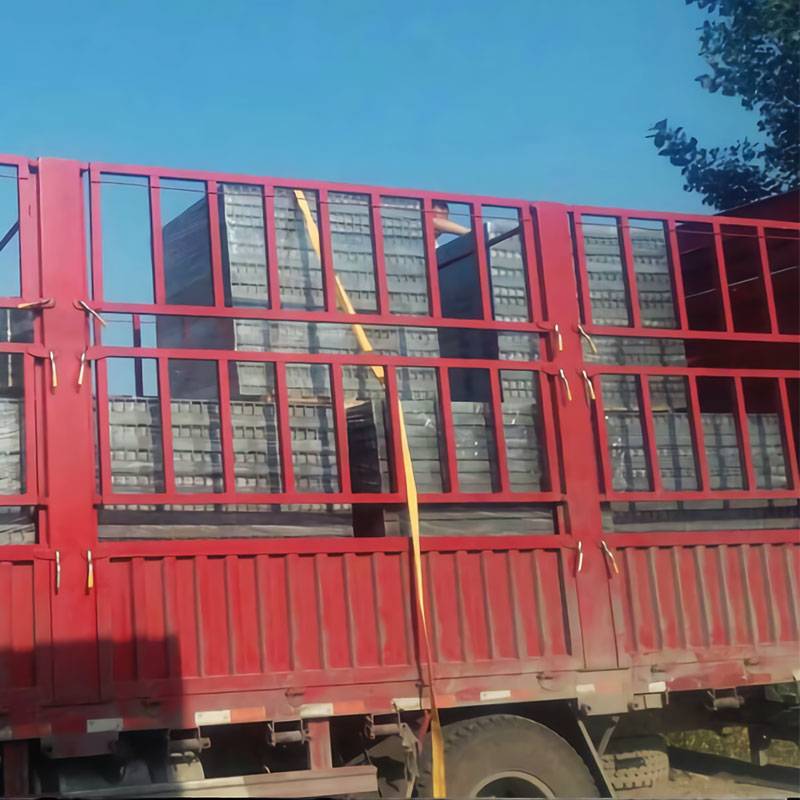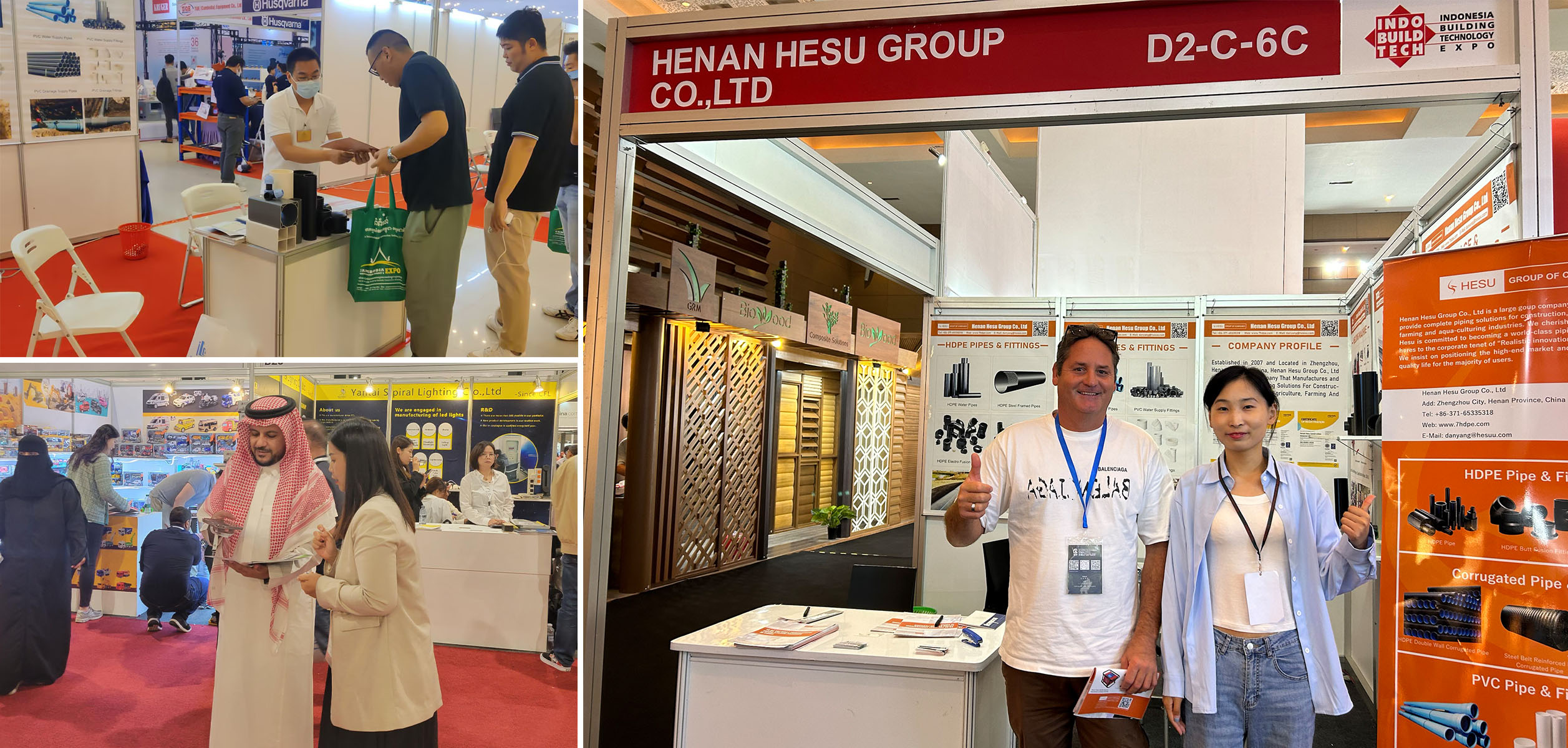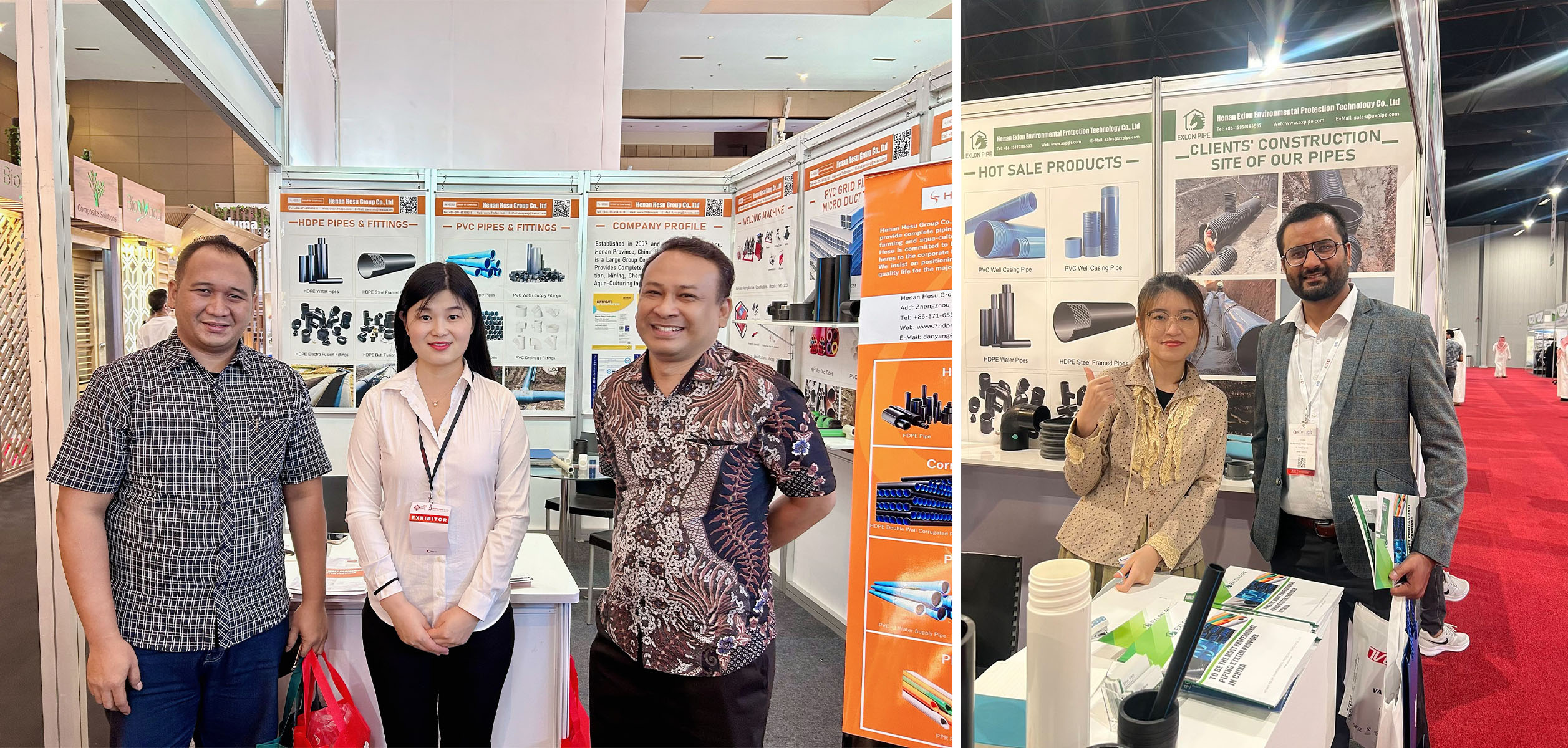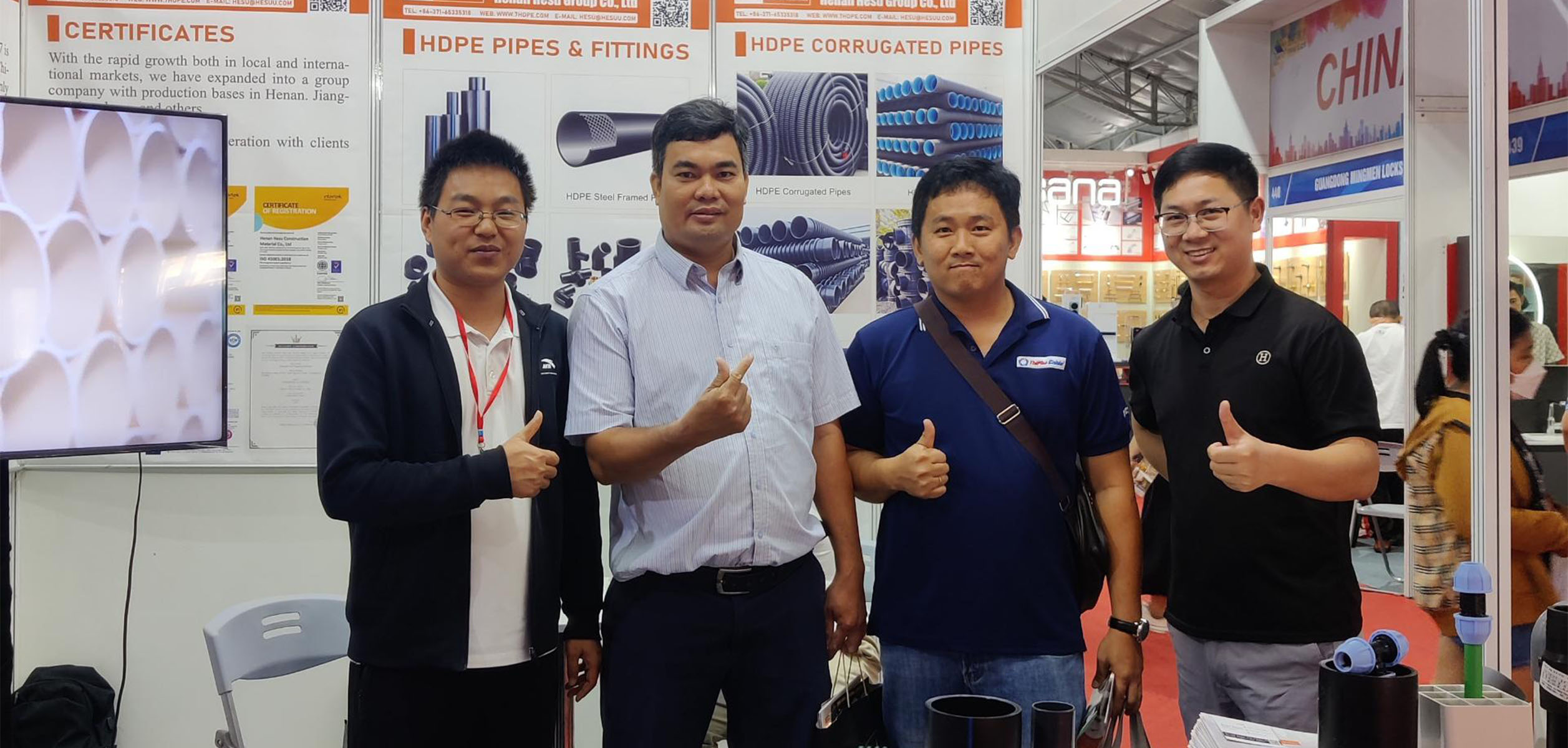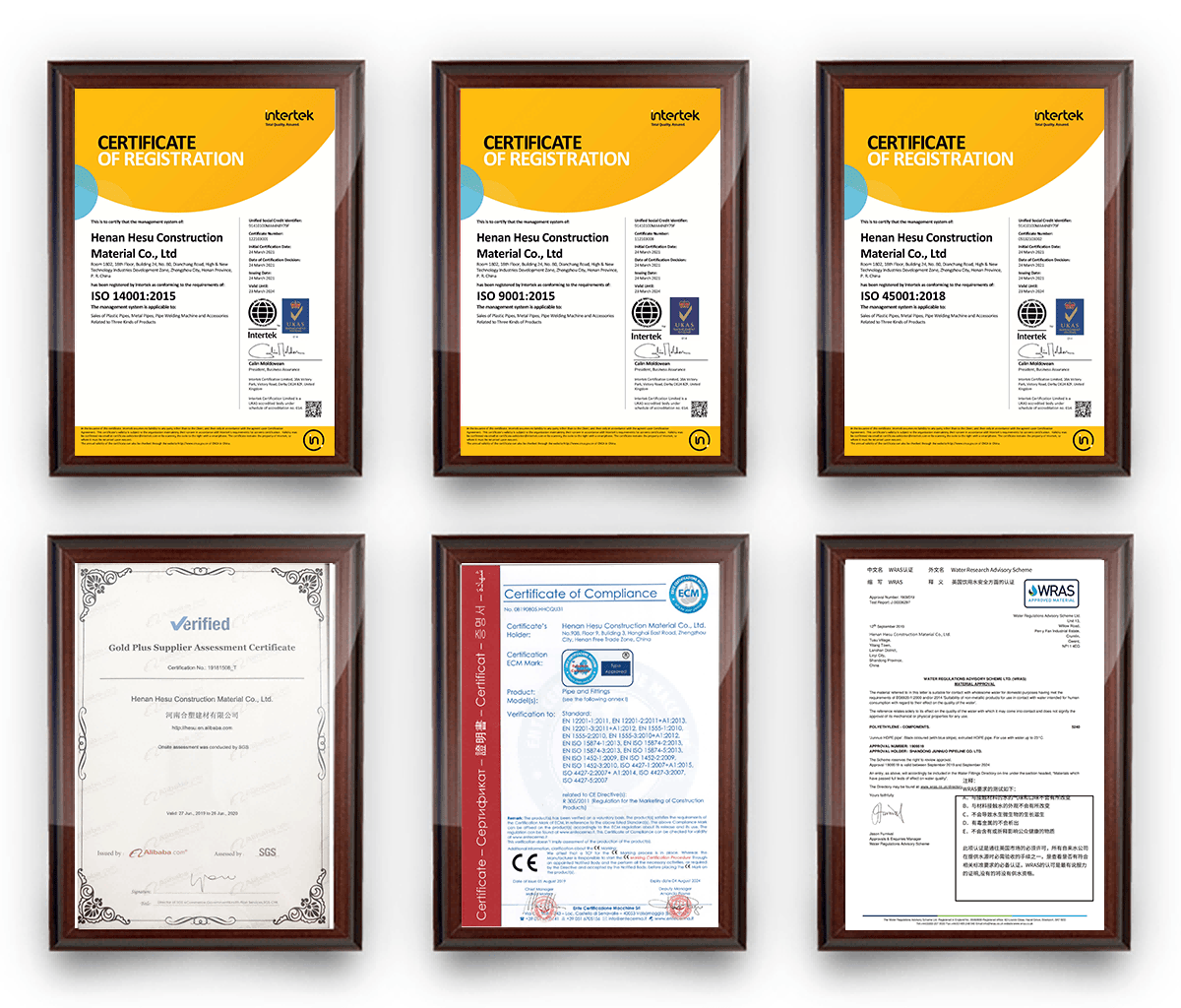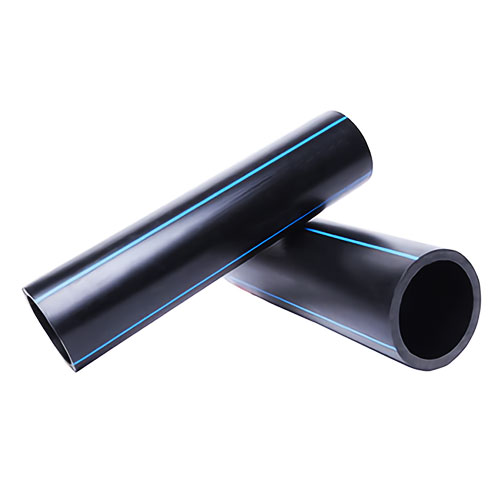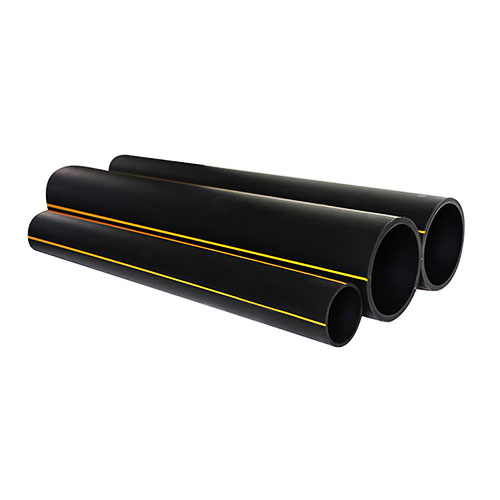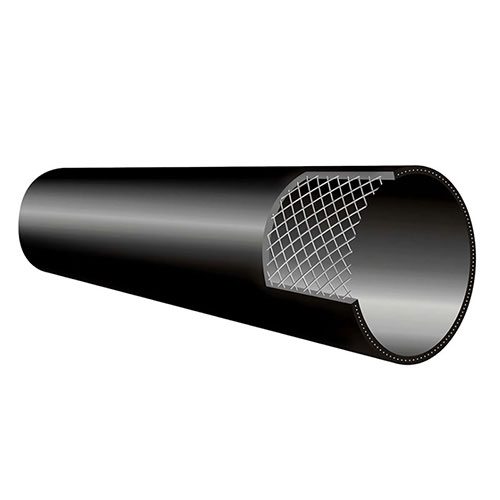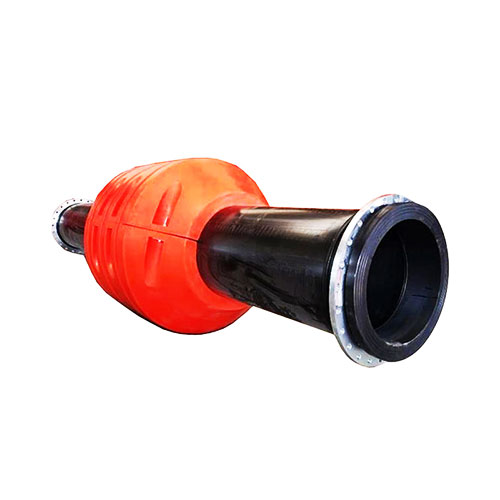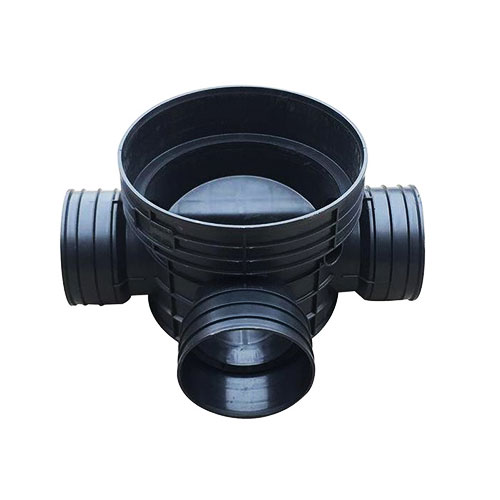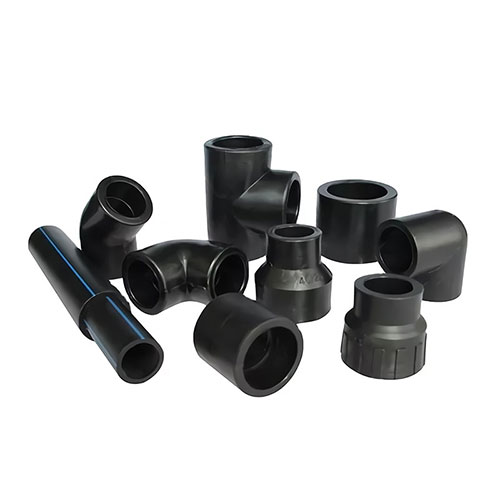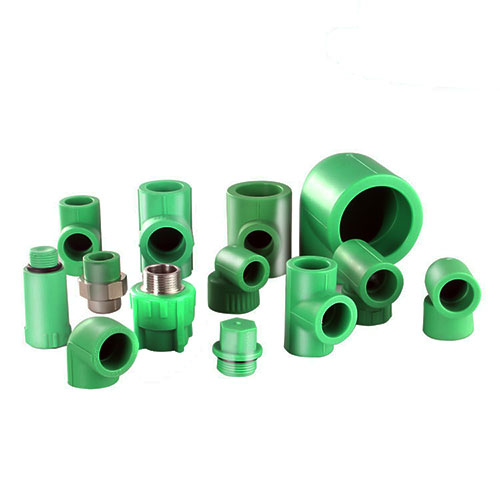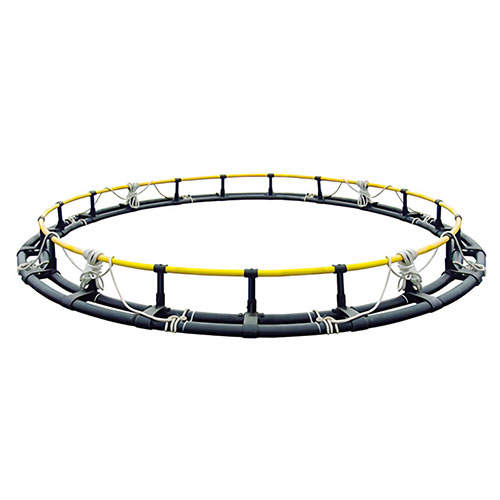HDPE 농업 관개 파이프 표준 ISO4427 / IPS / DIPS
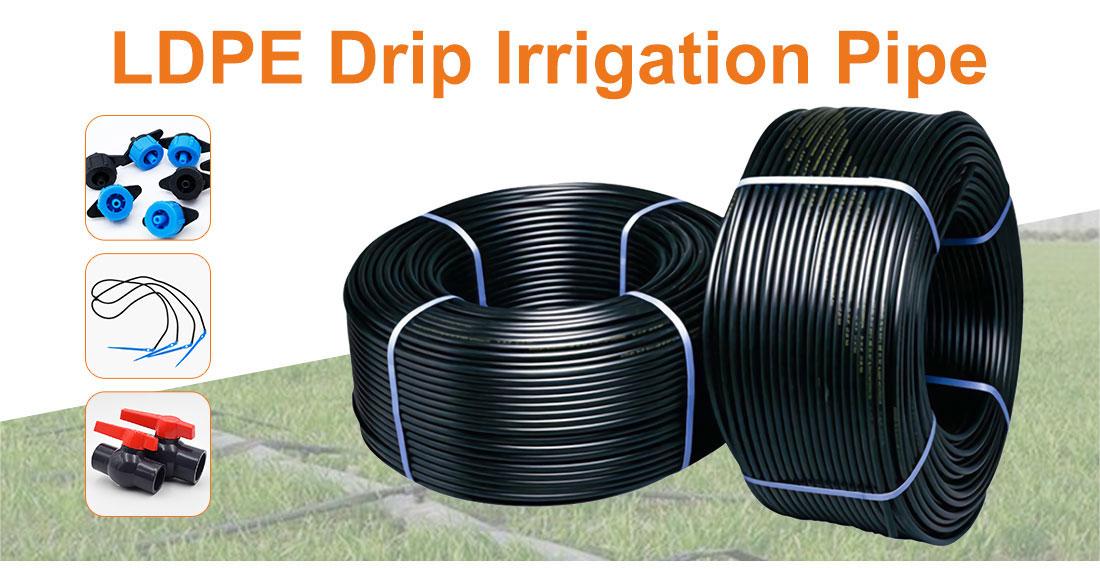
HDPE agricultural irrigation pipe
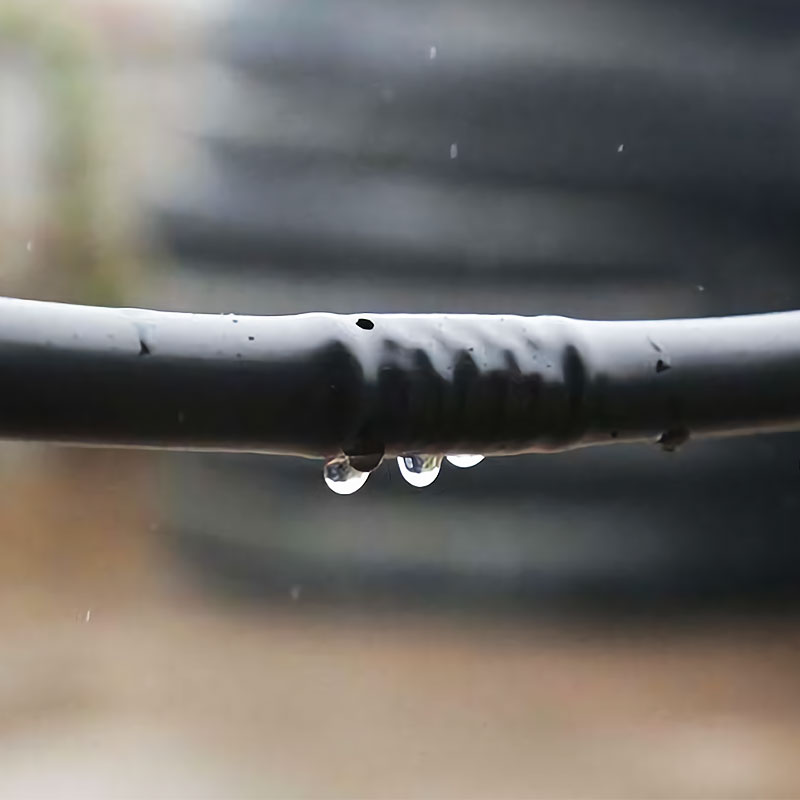
HDPE agricultural irrigation pipe
내구성: HDPE pipe is known for its high strength and durability, able to withstand harsh environmental conditions, including high impact and UV radiation.
Flexibility: These pipes can bend without breaking, allowing them to adapt to uneven terrain and resist damage from external pressures such as soil movement.
저항하는 부식 -: HDPE is resistant to corrosion and chemical attack, ensuring pipes will not degrade when exposed to fertilizers, pesticides or salt water.
Leak-proof: HDPE pipes use connection methods such as hot melt to form an overall leak-proof system, significantly reducing water loss.
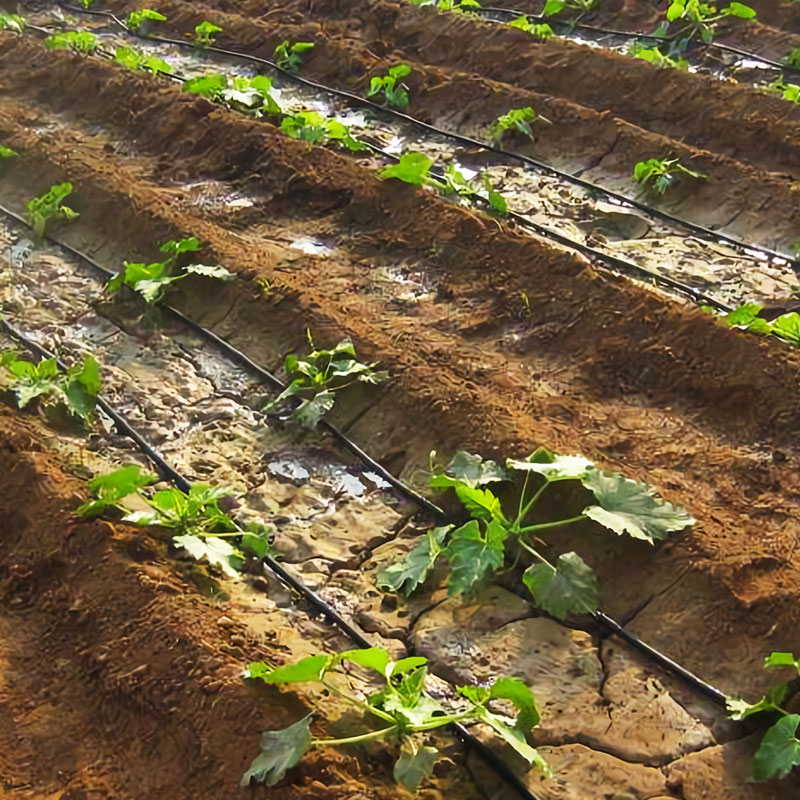
HDPE agricultural irrigation pipe
낮은 유지 보수: Because HDPE pipes are durable and corrosion-resistant, they require minimal maintenance over their lifetime.
경량: Compared to traditional pipe materials such as metal or concrete, HDPE pipes are lighter, simplifying transportation and installation.
Field irrigation: used in sprinkler irrigation systems, drip irrigation systems and underground irrigation systems to provide precise water distribution.
Water transportation: Efficiently transport water from source to farmland over long distances with minimal loss.
Main and secondary mains: Serve as the main network that distributes water throughout the irrigation system.
Drainage: Helps remove excess water from fields to prevent waterlogging and improve crop health.
Protective Cultivation: In greenhouses and greenhouses, HDPE pipes are used to control irrigation and ensure optimal growing conditions for plants.
HDPE agricultural irrigation pipes provide a modern, efficient and cost-effective solution for agricultural water management. Their resistance to various environmental stresses ensures a long service life, contributing to sustainable agricultural practices by minimizing water waste and maximizing crop yields.
 Zhongtong HDPE 파이프 시스템 전문 공급 업체
Zhongtong HDPE 파이프 시스템 전문 공급 업체
